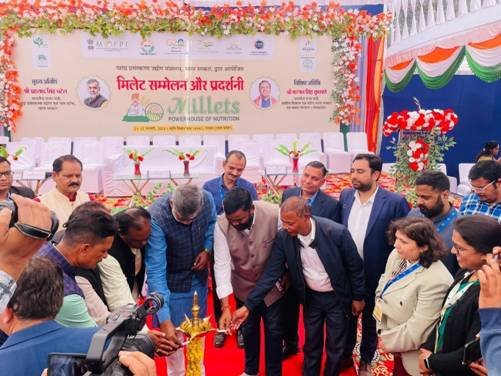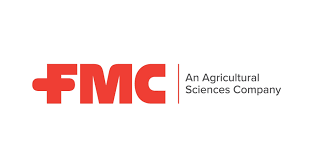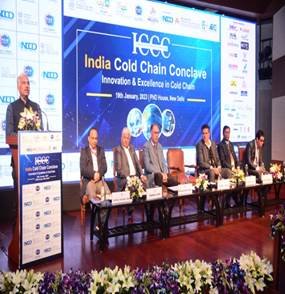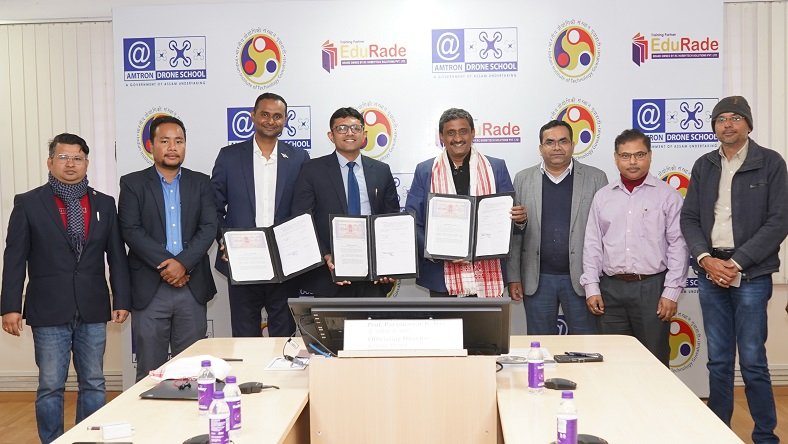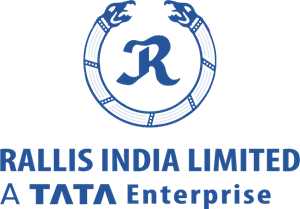Ministry of Food Processing Industries organise two-day Millets Conclave in MP
The two-day event was aimed at bringing all the stakeholders of the food processing sector with special focus on millets, on a common platform.
In the wake of the United Nations General Assembly declaring 2023 as the International Year of Millets, the Ministry of Food Processing Industries is hosting Millets Mahotsav across 20 States and 30 Districts in the country with the aim of creating awareness about the nutritional benefits, value addition, consumption and export potential of Millets. The districts include Mandla (Madhya Pradesh), Vizianagaram (Andhra Pradesh), Bhojpur (Bihar), Mahbubnagar (Telangana), Dharmapuri (Tamil Nadu), Agra (Uttar Pradesh), Karbi Anglong (Assam), Virudhunagar (Tamil Nadu), Dang (Gujarat), Parvathipuram Manyam (Andhra Pradesh), Komaram Bheem (Telangana), Almora (Uttarakhand), Nuapada (Odisha), Bathinda (Punjab), Palakkad (Kerala), Davangere (Karnataka), Tapi (Gujarat), Barmar (Rajasthan), Kullu (Himachal Pradesh), Tumkur (Karnataka), Bhind (Madhya Pradesh), Nandurbar (Maharashtra), Jodhpur (Rajasthan), Sukma (Chhattisgarh), Mahendragarh (Haryana), Aligarh (Uttar Pradesh), Kalimpong (West Bengal), Khunti (Jharkhand) and Jamui (Bihar).
The two-day event was aimed at bringing all the stakeholders of the food processing sector with special focus on millets, on a common platform and encompassed a wide range of activities like exhibition and sale of various millet-based products, informative sessions on millet processing, interactive sessions between industry experts and micro food processing enterprises, SHGs, FPOs engaged in food processing followed by acultural programby indigenous tribal groups. The event witnessed an overwhelming response with more than 1000 participants attending the event including micro food processing enterprises, self-help groups, farmer producer organisations, producer cooperatives, etc.
Mandla is the hub of production of the Kodo and Kutki Millet which has also been identified as the One District One Product (ODOP) under the Pradhan Mantri Formalisation of Micro food processing Enterprises (PMFME) Scheme launched by the Ministry of Food Processing Industries, Government of India.
During his inaugural address, Prahlad Singh Patel touched upon the importance of millets and the immense market potential for millet-based value-added products. He informed the stakeholders about the various initiatives undertaken by the Ministry of Food Processing Industries to support the food processing sector and cited the role of the PMFME Scheme in empowering micro food processing enterprises by providing financial, technical and business support across the value chain.
In addition to the Millets Mahotsav, a mega-food event is also being organised by the Ministry from 3rd to 5th Nov 2023 in New Delhi to provide a unique platform to all stakeholders i.e. producers, food processors, equipment manufacturers, logistics players, cold chain players, technology providers, academia, start-up & innovators, food retailers, etc. to interact and have a dialogue. The event is slated to be the biggest-ever congregation of dignitaries, global investors and business leaders of major global and domestic food companies which would put India firmly on the global food landscape.
The two-day event was aimed at bringing

